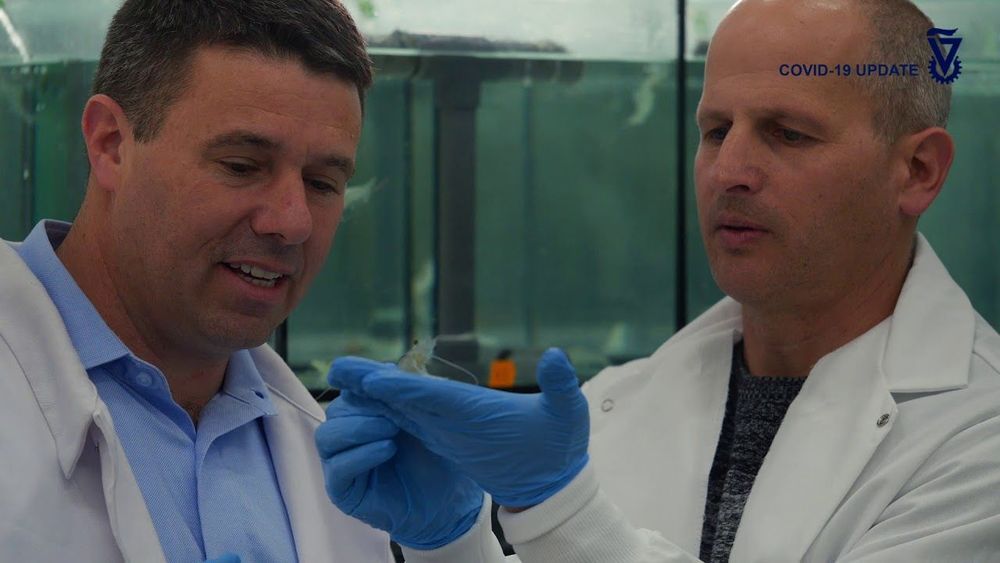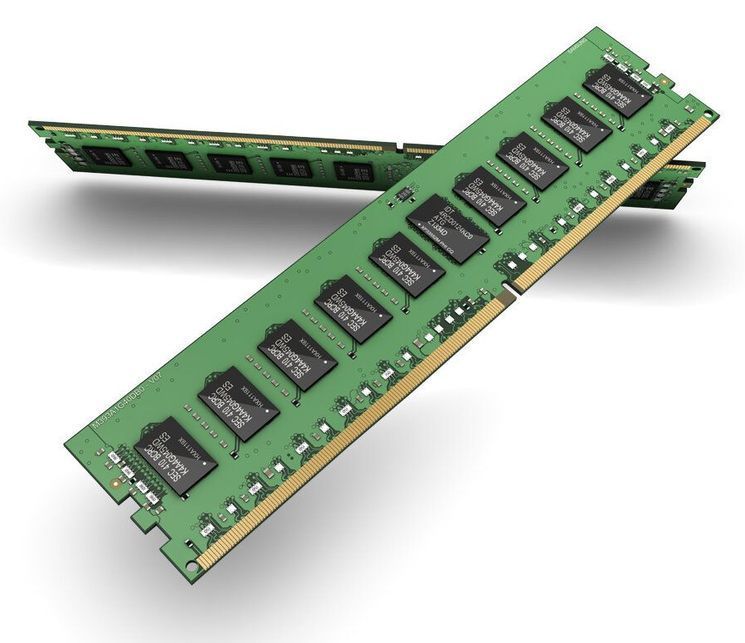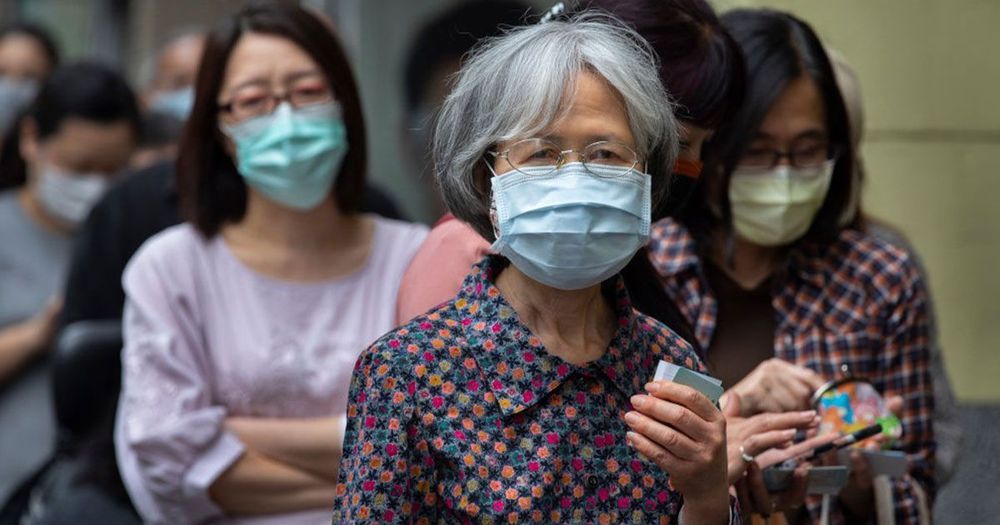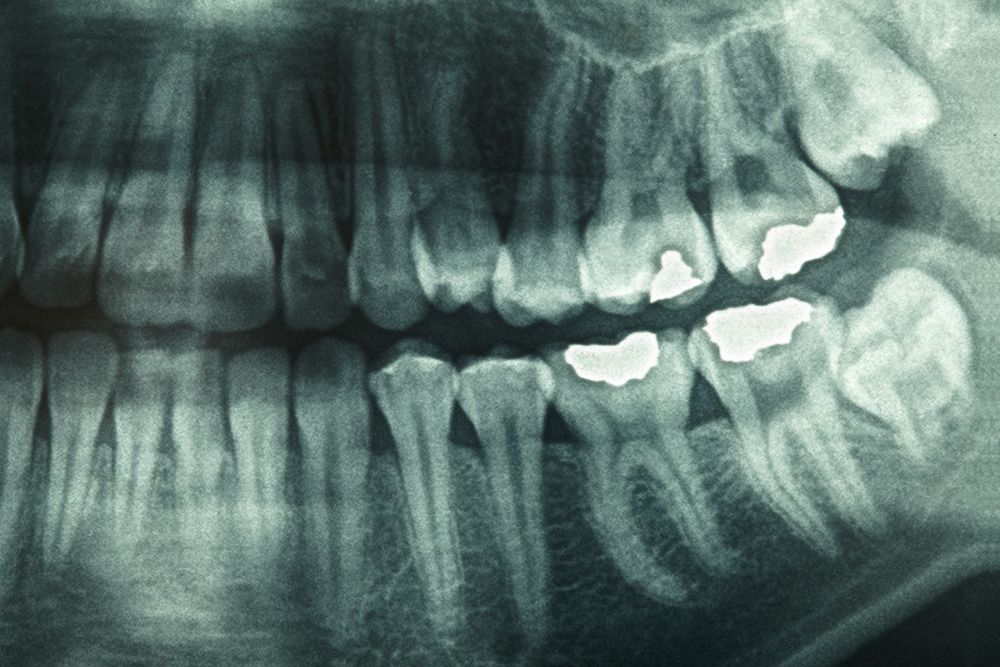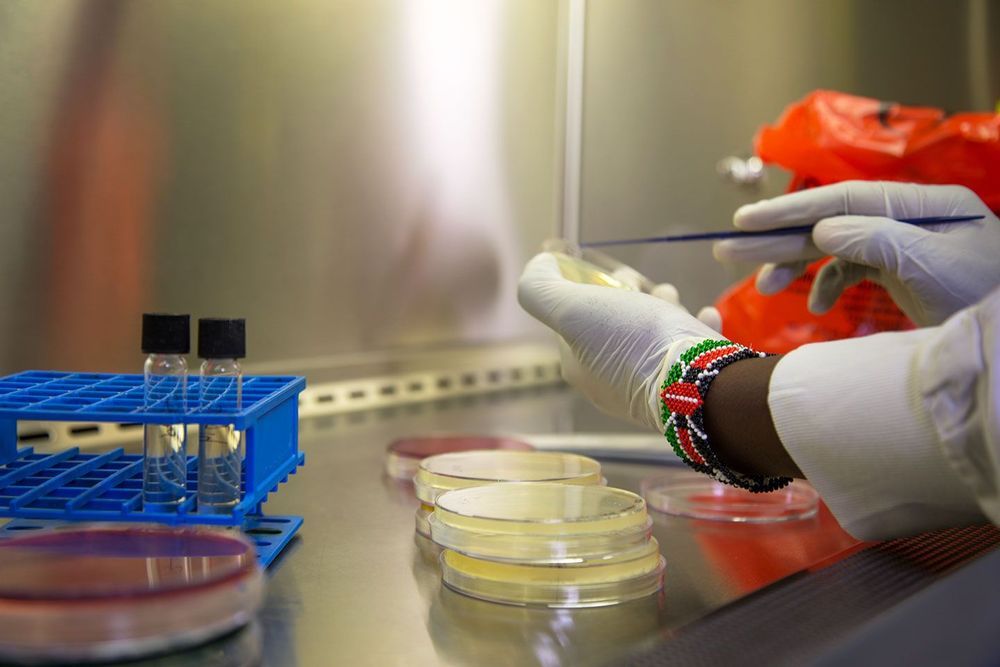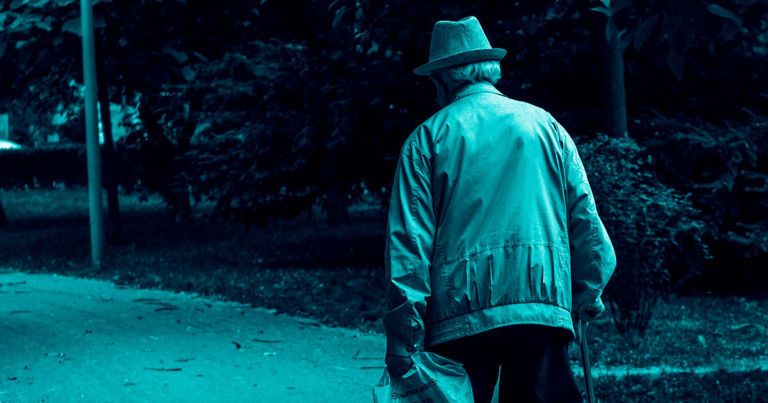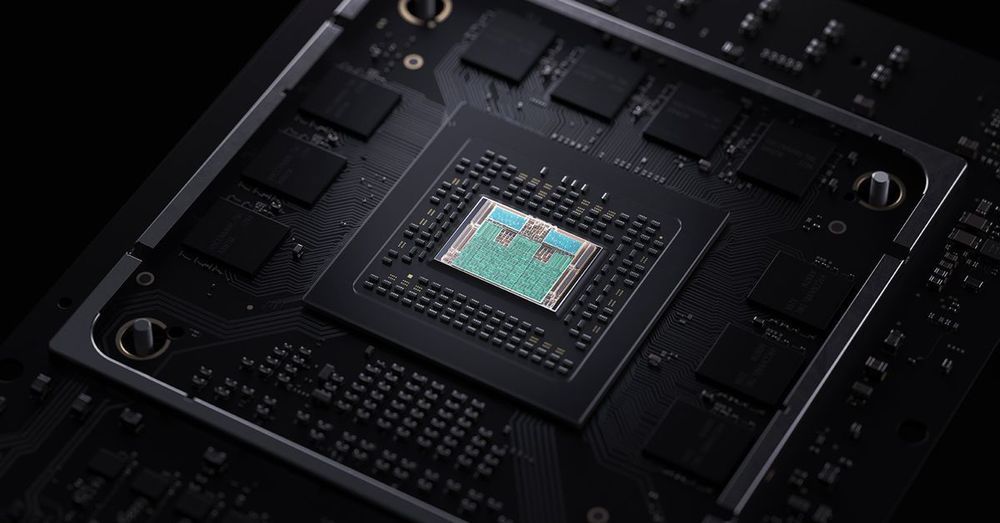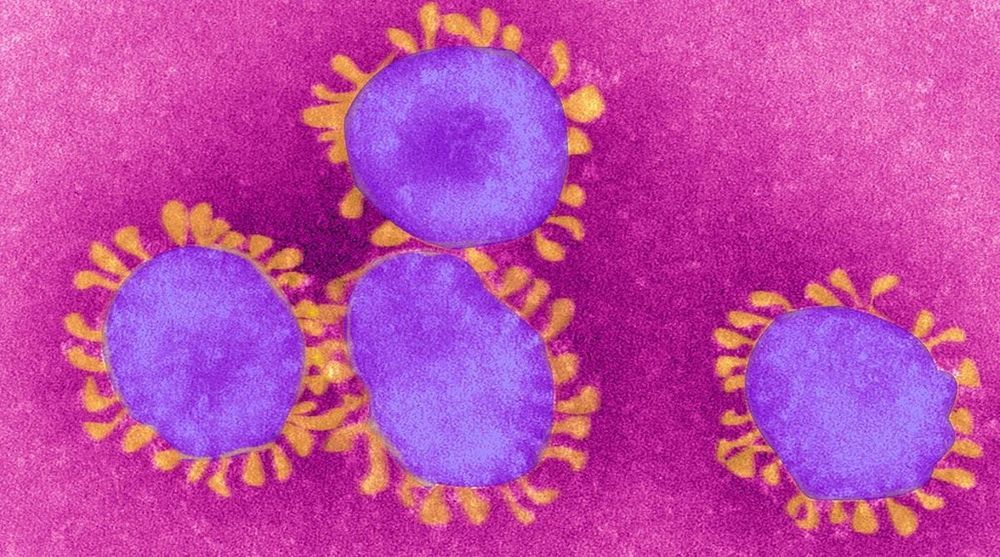The 43-year-old scientist is a member of the Technion’s Wolfson Faculty of Chemical Engineering, and his lab first developed a food additive to boost the immune system of animals to protect them from contracting viral diseases. This invention formed the basis of his own commercialized start-up company, ViAqua Therapeutics, which focused the development of the drug on shrimp, as over 30% of the global shrimp population is wiped out yearly by a viral disease known as white spot syndrome.
Israeli scientist and entrepreneur Prof. Avi Schroeder is working on a preventative drug for the coronavirus by adapting a food additive designed for shrimp.
The project is one of the several emergency projects that are the focus of around-the-clock work by 20 different labs at the Technion Institute of Technology to work on coronavirus vaccines, therapeutic treatments, diagnostic methods and patient treatment methods.
